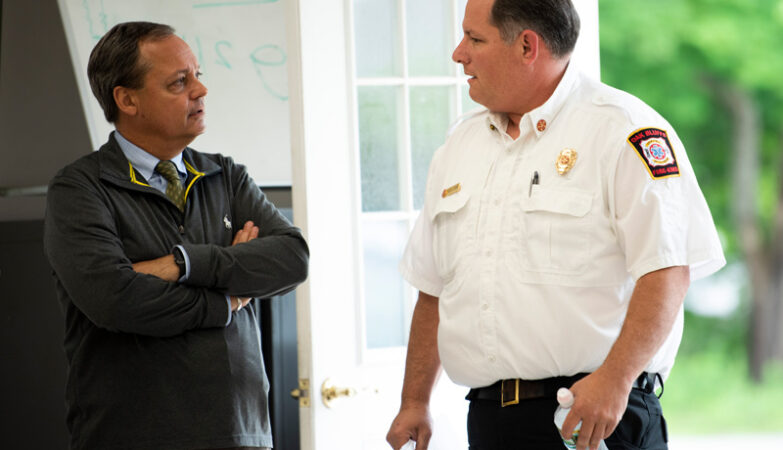Engineers are responsible for designing, creating, and maintaining things like bridges, buildings, cars, and satellites. They use a variety of skills to solve problems and make things work the way they’re supposed to. Engineers often need a college degree in engineering or another related field, but many go on to have successful careers in other areas as well. Here are just a few of the many skills that engineers use: problem solving, mathematics, scientific methods, design principles, manufacturing techniques, communication skills. Engineers also need good organizational skills and good critical thinking abilities.
How engineering helps make our lives easier every day
Engineers play a vital role in making our lives easier every day. From designing products that make our everyday tasks easier, to helping us out when we need it most, engineers are always working hard to make life more convenient for us. Here are just a few examples of how engineering helps us get things done:
– Engineers design products that make our lives easier, from appliances and vehicles to medical devices and tools.
– When something goes wrong, engineers are there to help fix it. From fixing cars and machines, to solving complex math problems and developing new technologies, engineers are essential in ensuring the smooth running of our society.
– Every day, people rely on engineering solutions to make their lives easier. From keeping streets safe and clean to keeping planes flying safely, engineers are always working hard to ensure everyone has access to the best possible quality of life.
What does an engineer do: Engineers design and create products, systems, and structures. They use mathematics, science, and engineering principles to solve problems. Engineers may work on products that are used in everyday life, like cars or computers, or products that are used in the industrial world, like planes or oil pipelines. Engineers may also work on projects that are completely new, like a new bridge or medical device.
How Engineers Solve Problems
Engineers are problem-solvers. They think about ways to fix things that don’t work and make them work the way they’re supposed to. In school, we learn about the five steps of problem solving: identifying the problem, trying different solutions, choosing a solution, implementing it, and monitoring and assessing results. Engineers use these steps all the time when they’re working on projects.
One of the most common problems engineers face is figuring out what’s wrong with something. They may have to inspect something to find out where the problem is or they may have to analyze data to figure out why something isn’t working right. Once they know what’s wrong, they can start working on a solution.
Engineers also use their skills to create new things. They might design a new bridge or gadget that helps people do their jobs more efficiently.
Engineering Techniques You Wouldn’t Believe
Engineers use a variety of techniques that you may not believe. Here are 8 examples:
1. Engineers use mathematics to solve problems. For example, they might use equations to calculate the forces on an object or the flow of liquids and gases.
2. Engineers often use trial and error to find solutions to problems. They might try different methods until they find one that works, or they might experiment with different materials to see which ones work best.
3. Engineers often need specialized knowledge in order to solve certain types of problems. For example, they may need to know about geology or chemistry in order to design pipelines or engines.
4. Engineers often need access to large amounts of data in order to solve problems. They may have to collect data from measurements, surveys, or experiments in order to figure out how something works.
In conclusion, engineering is a complex and fascinating field that can have a profound impact on our world. Whether it’s developing new technologies or improving the efficiency of existing systems, engineers play an important role in making our world a better place. It’s important to remember that no matter what your field of study may be, there’s always room for improvement. So don’t be afraid to challenge yourself and take on new challenges!








